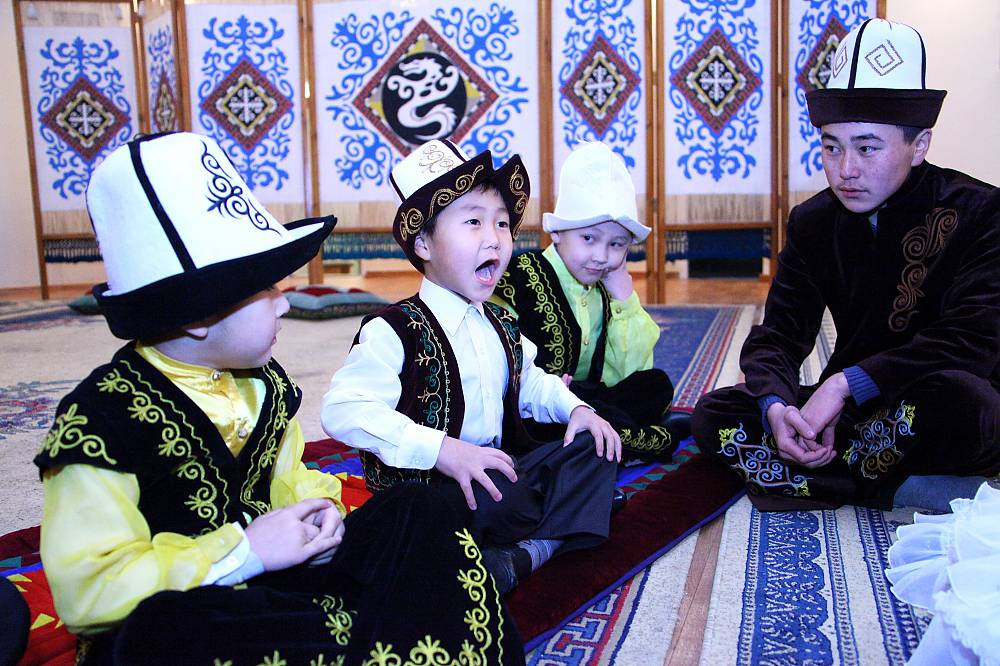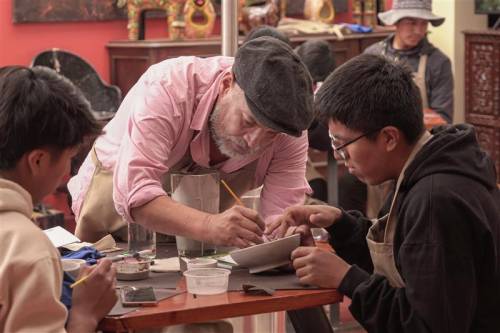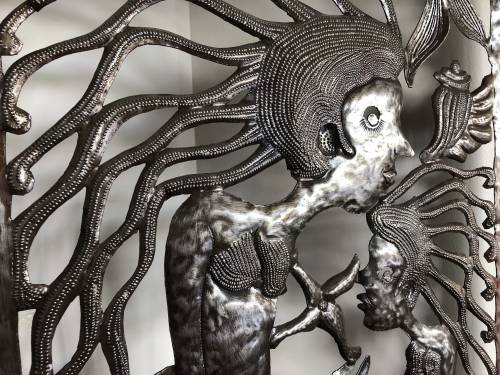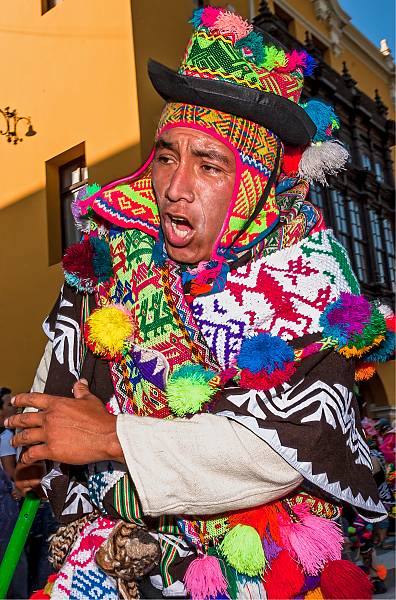The 8th annual session of the Intergovernmental Committee for the Safeguarding of the Intangible Cultural Heritage, marked by the 10th anniversary of UNESCO’s Convention for the Safeguarding of Intangible Heritage, ended in Baku today with the election of José Manuel Rodríguez Cuadros, Ambassador and Permanent Delegate of Peru to UNESCO, as chair of the next session. The 9th session will take place in Paris, France, from 24 to 28 November 2014.
During the meeting, UNESCO’s Assistant Director-General for Culture, Francesco Bandarin and Lassana Cissé, Mali’s National Director for Cultural Heritage, signed an agreement whereby Mali will receive $307,307 in emergency assistance from the Intangible Heritage Fund for the compilation of an inventory of its intangible cultural heritage.
The project involves taking stock of intangible cultural heritage—knowledge and practices concerning nature, oral traditions, rituals and festivals, traditional crafts etc.—over the entire country. It will be implemented in two successive one-year phases. The first will concern the three northern regions of Gao, Kidal and Timbuktu as well as Mopti in the centre of the country. These are the regions that suffered most directly from the effects of the recent armed conflict and occupation. The second phase will concern the four southern regions of Kayes, Koulikoro, Segou and Sikasso. This assistance was already approved by the Bureau of the Committee in October.
[Four elements| were inscribed on the List Intangible Cultural Heritage in Need of Urgent Safeguarding, which helps States Parties mobilize international cooperation and assistance to ensure the transmission of this heritage with the participation of the concerned communities. The Urgent Safeguarding List now numbers 35 elements.The Committee also inscribed [25 elements| on the Representative List of the Intangible Cultural Heritage of Humanity, which serves to raise awareness of intangible heritage and provide recognition to communities’ traditions and know-how that reflect their cultural diversity. The List does not attribute or recognize any standard of excellence or exclusivity. Four of the 157 States Parties to the convention—Ethiopia, Former Yugoslav Republic of Macedonia, Niger and Ukraine — this year had their first inscriptions on that List, which now totals 281 elements.
Event:
-
9th session of the Intergovernmental Committee (24 November 2014 – 28 November 2014)
-
8th session of the Intergovernmental Committee (2 December 2013 – 7 December 2013)




